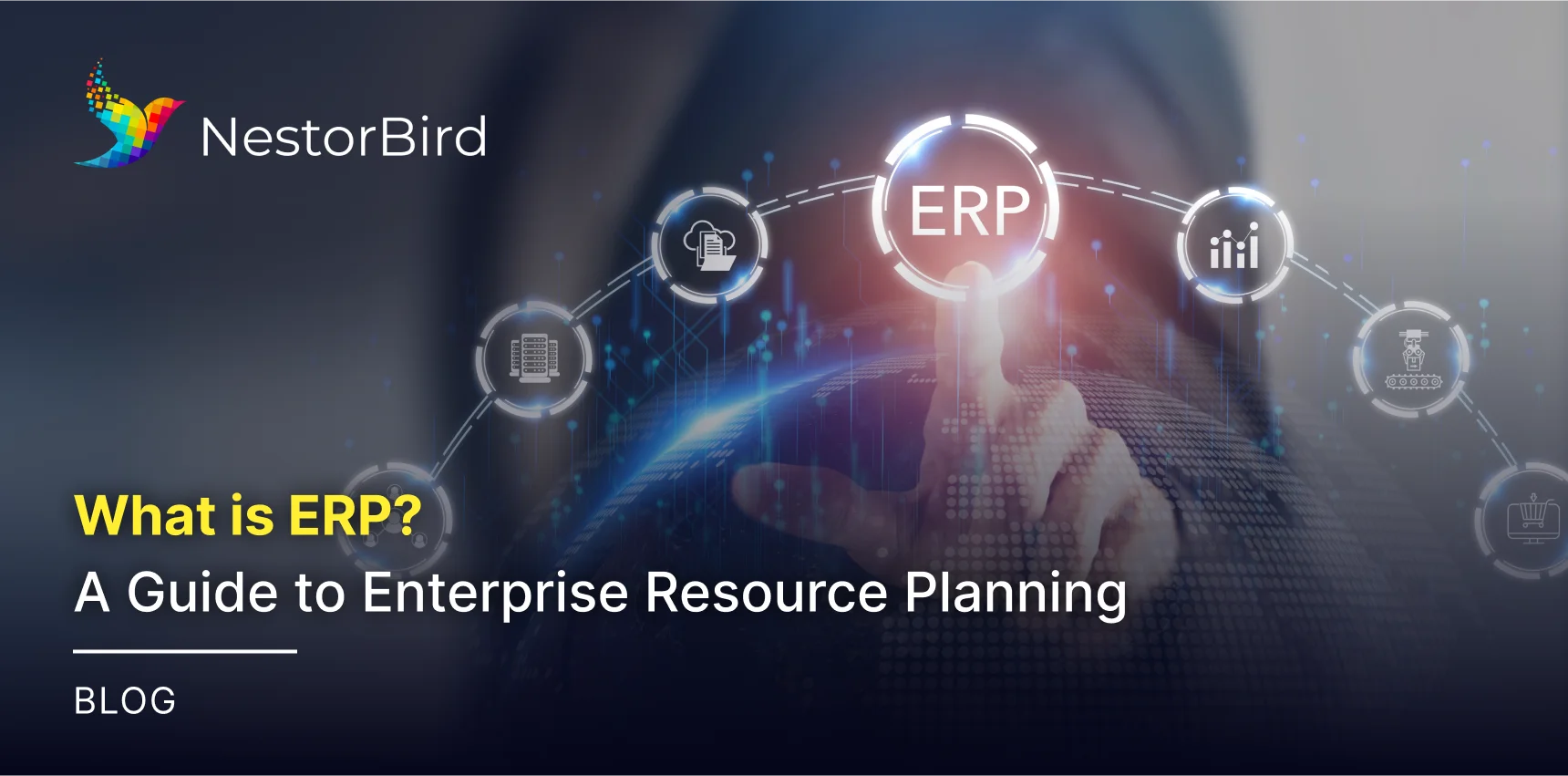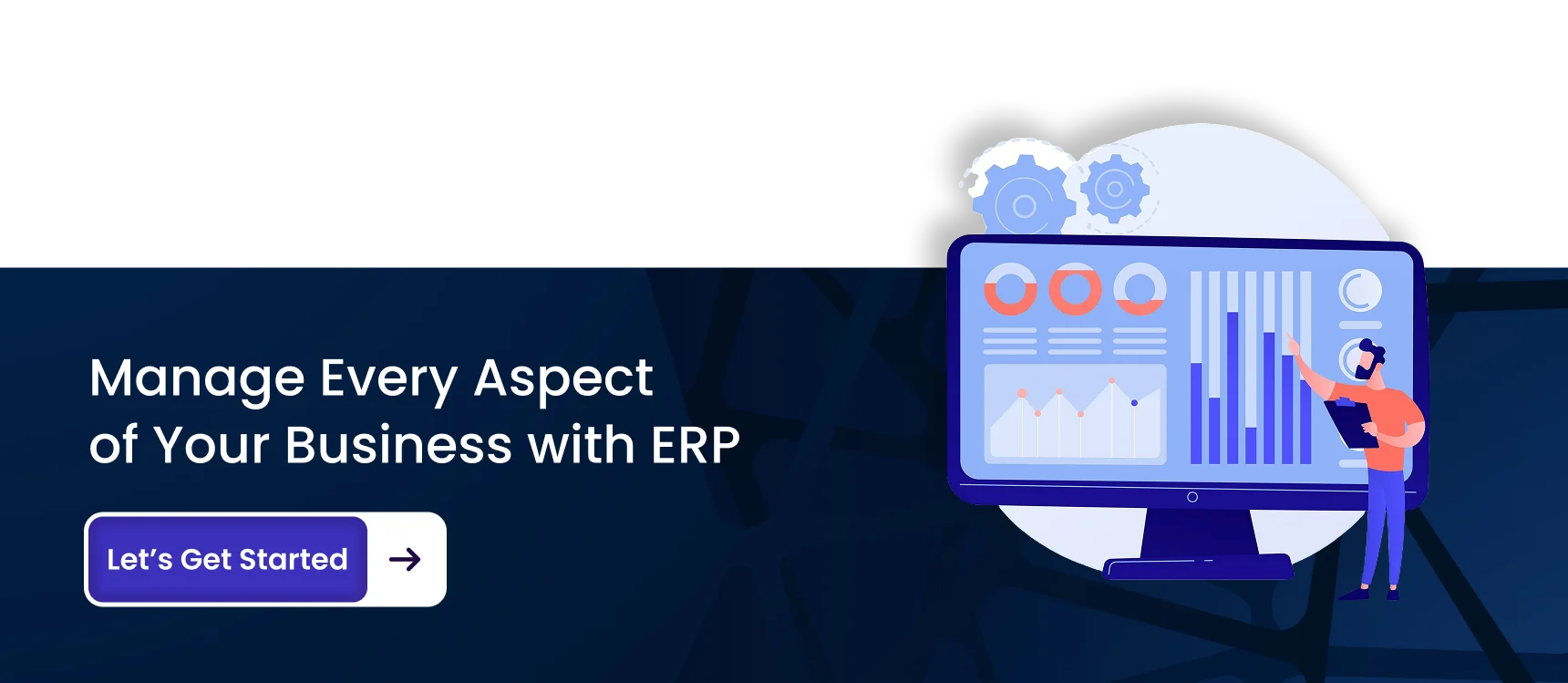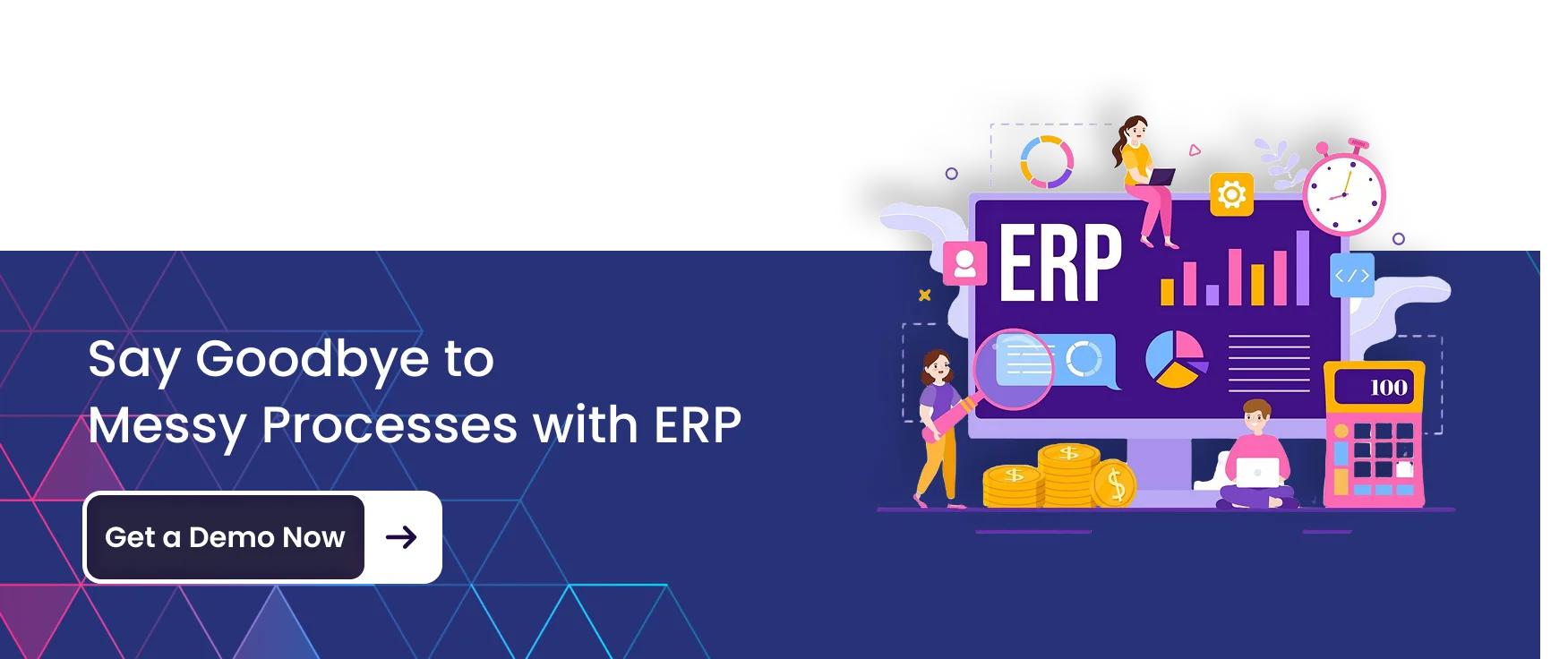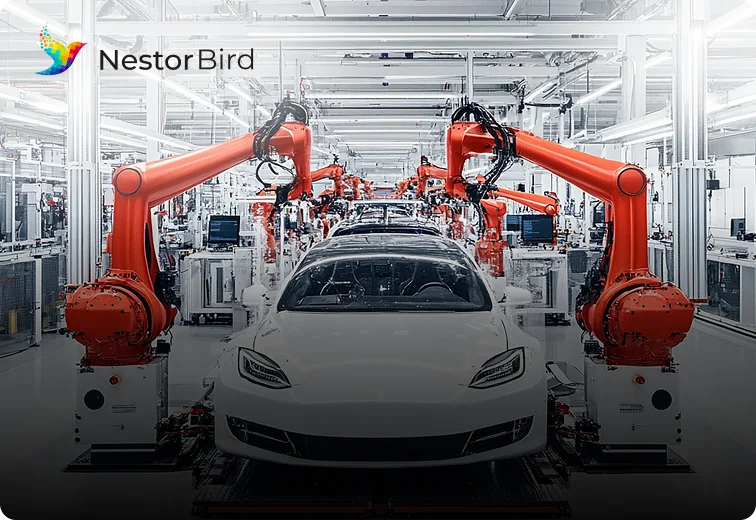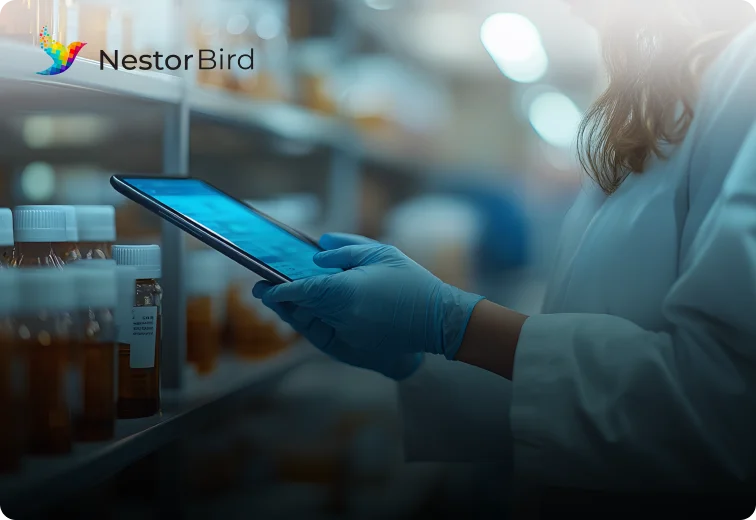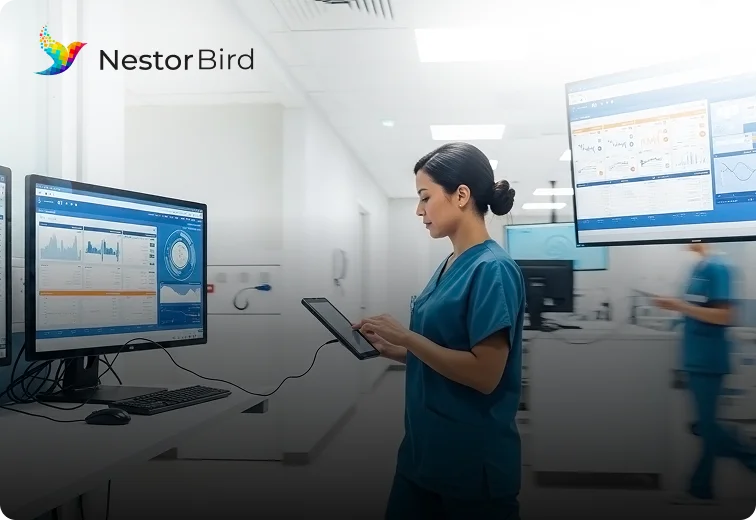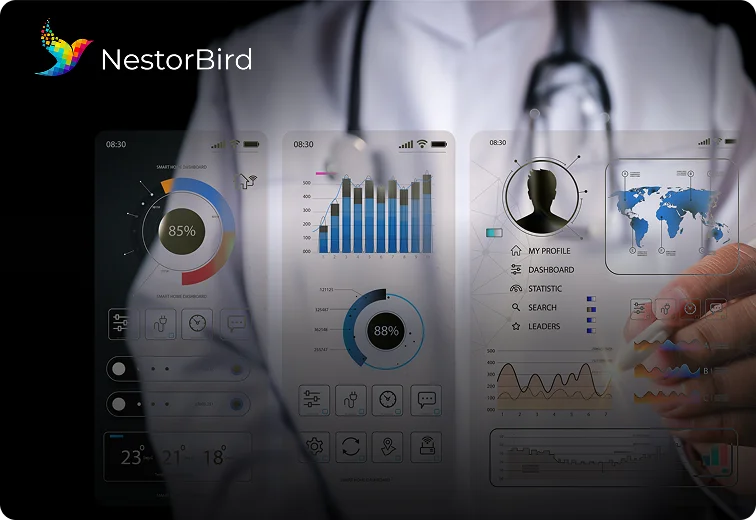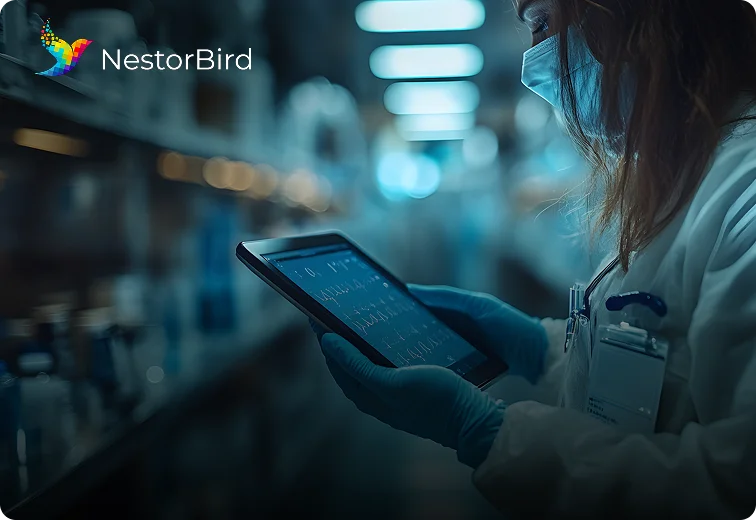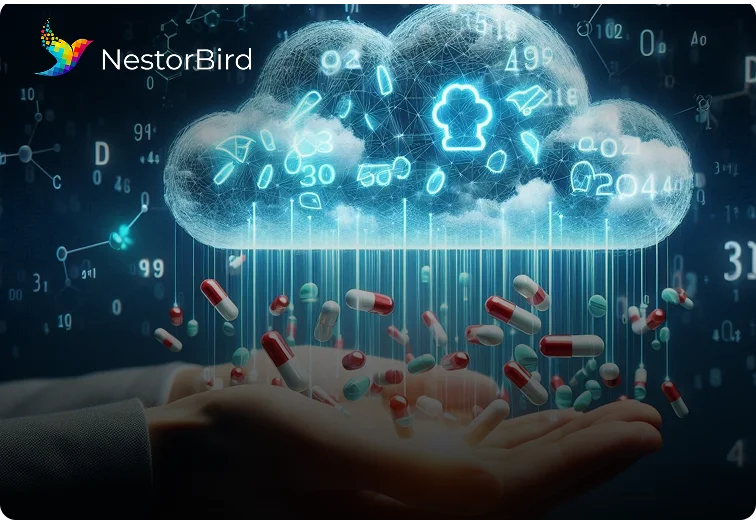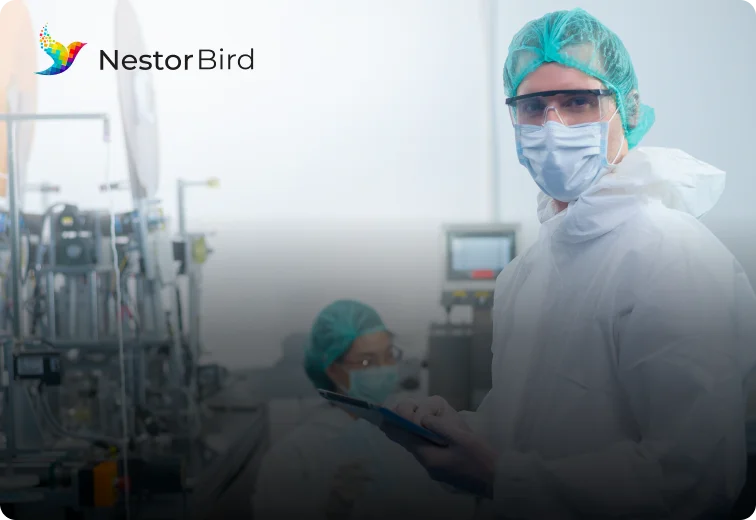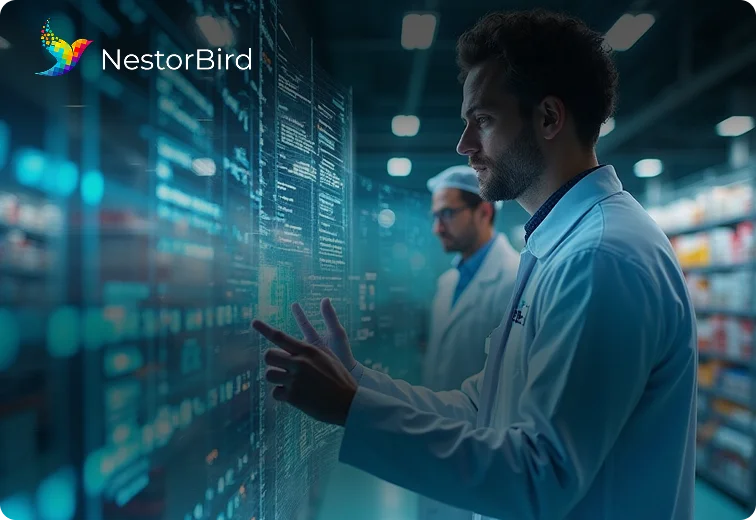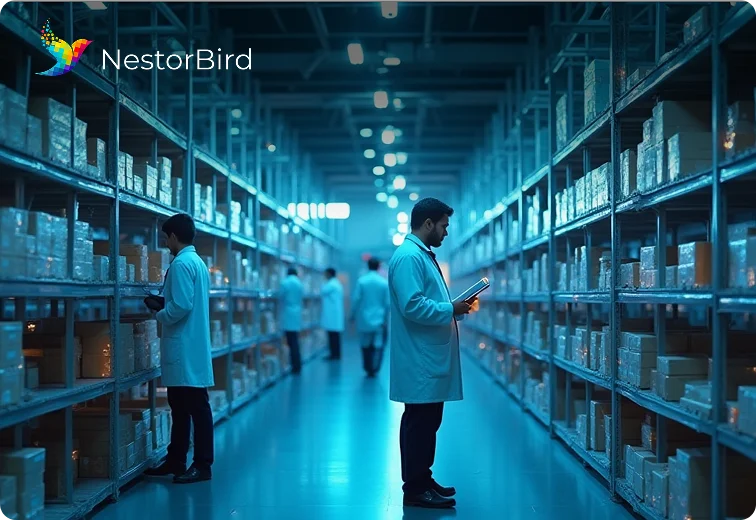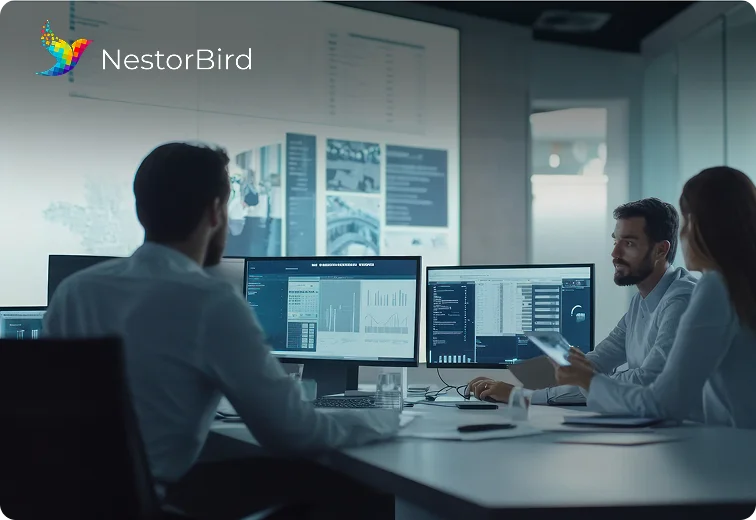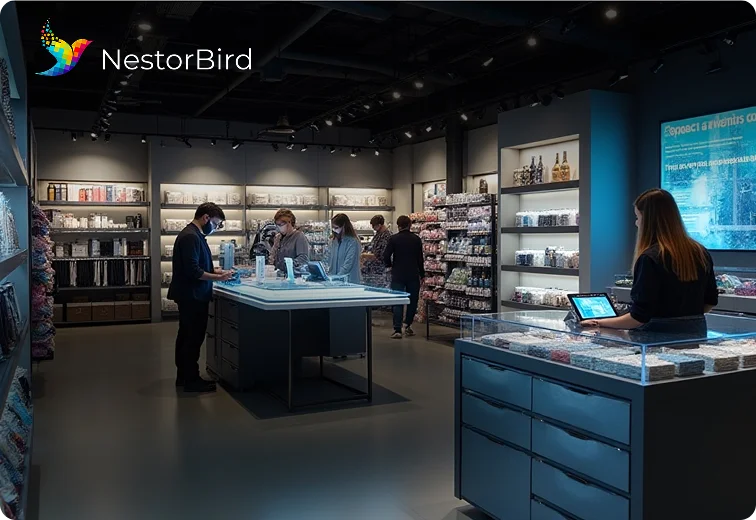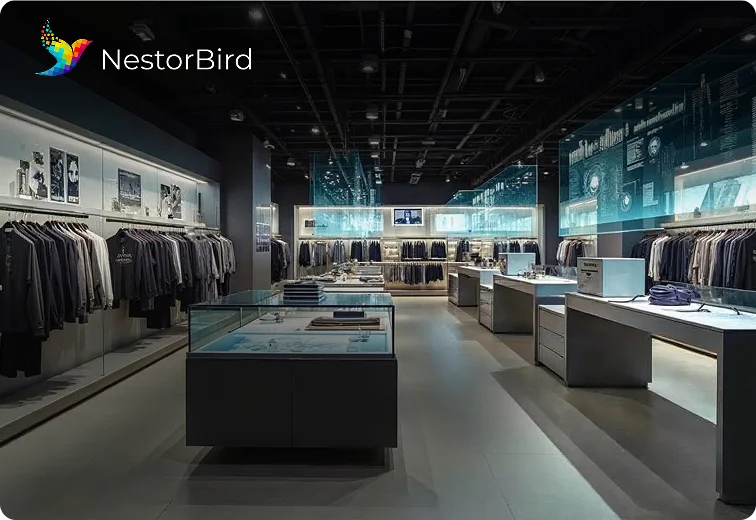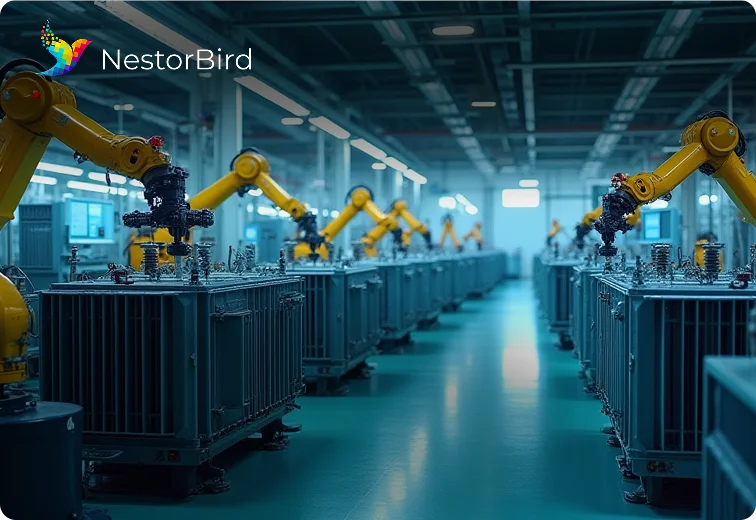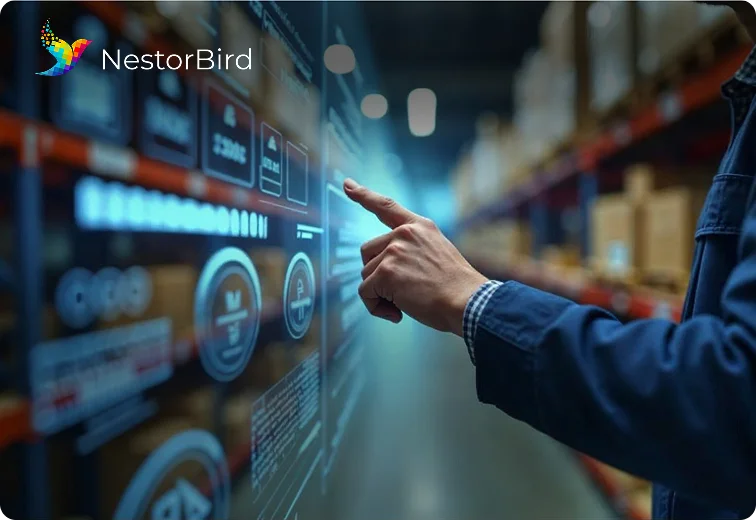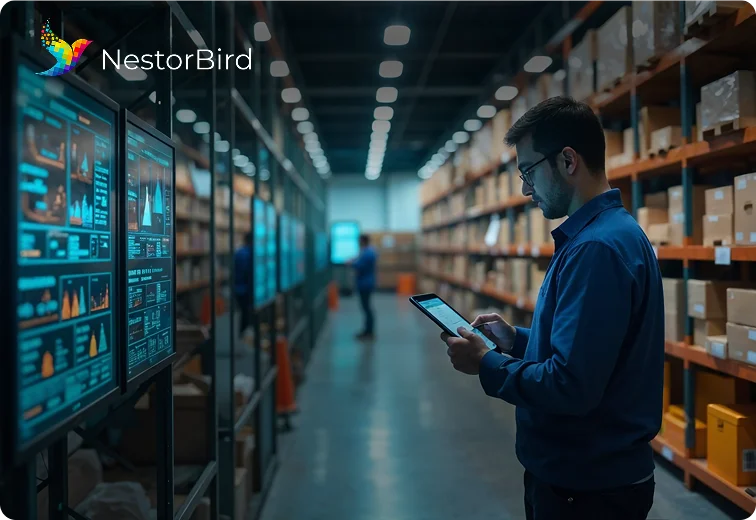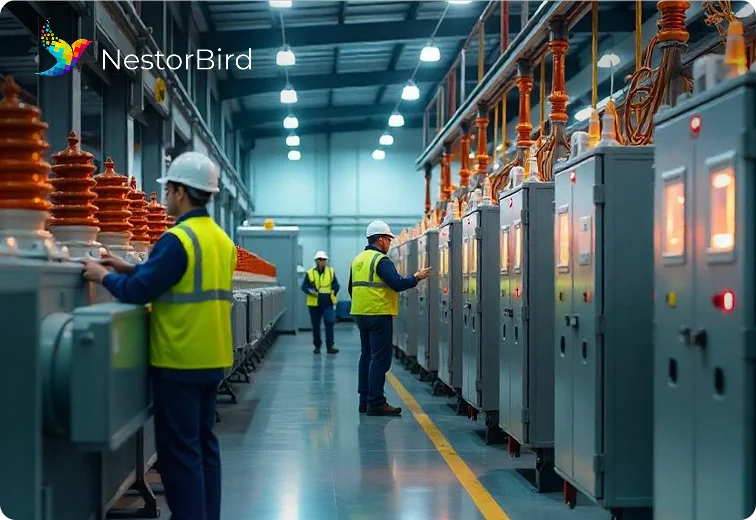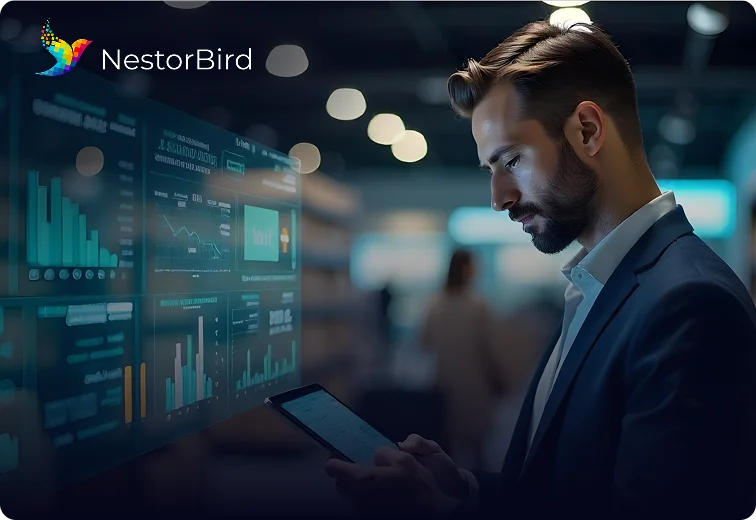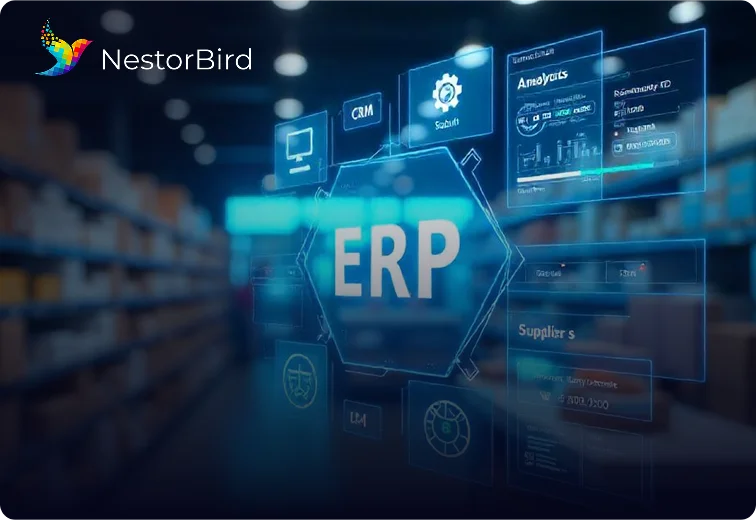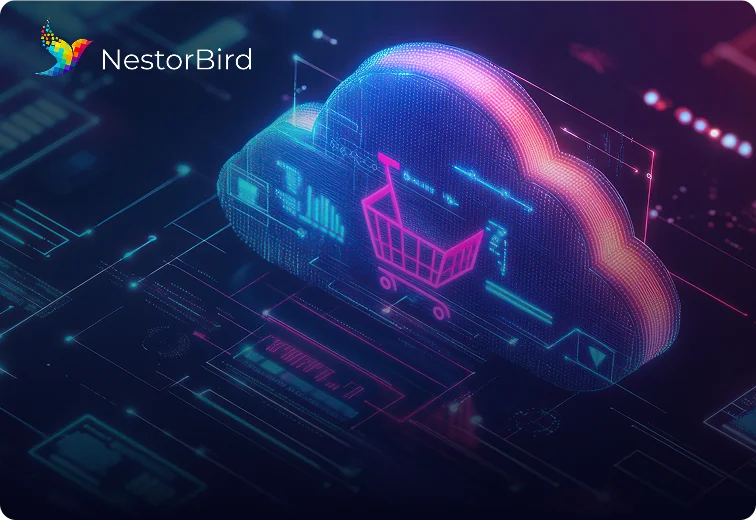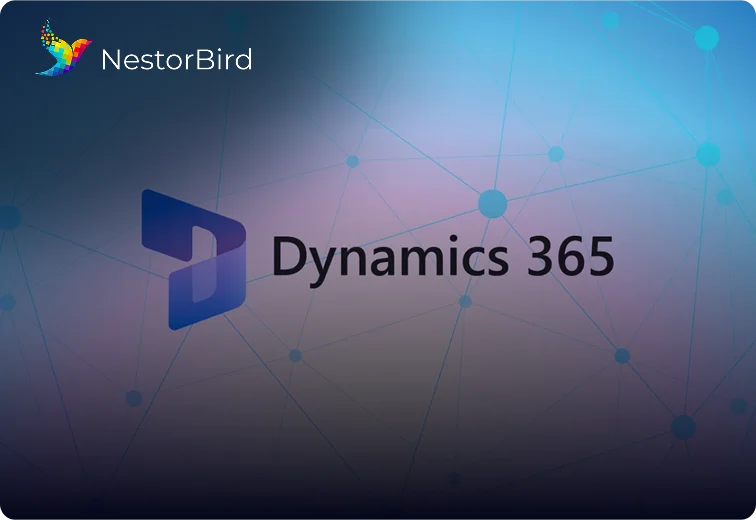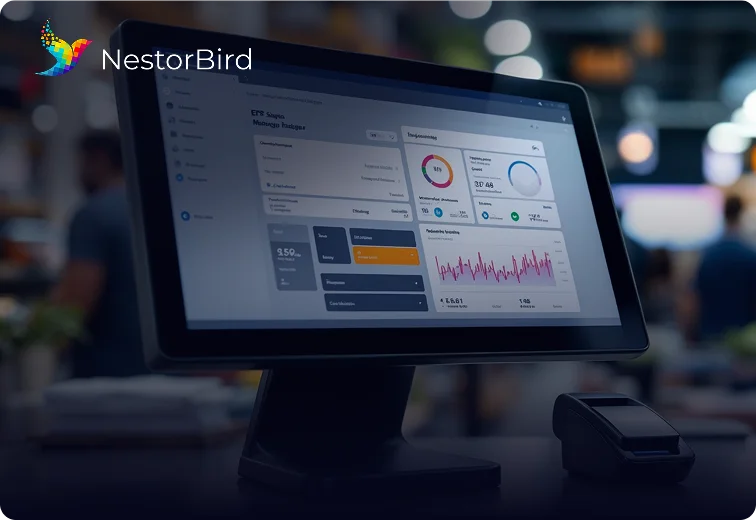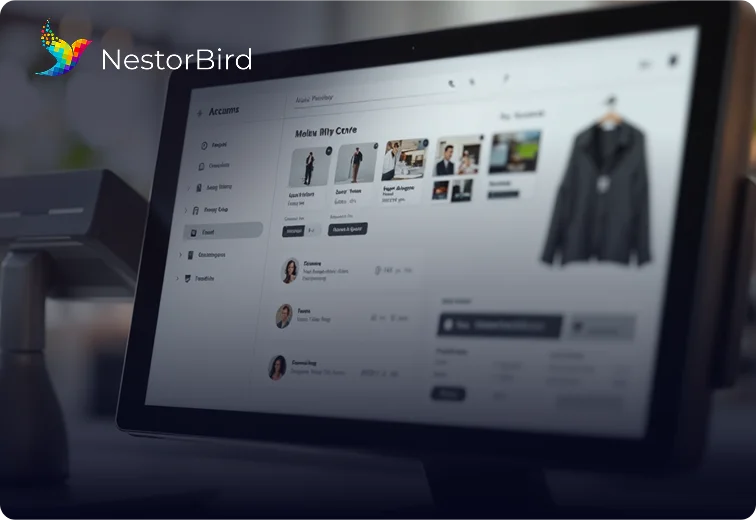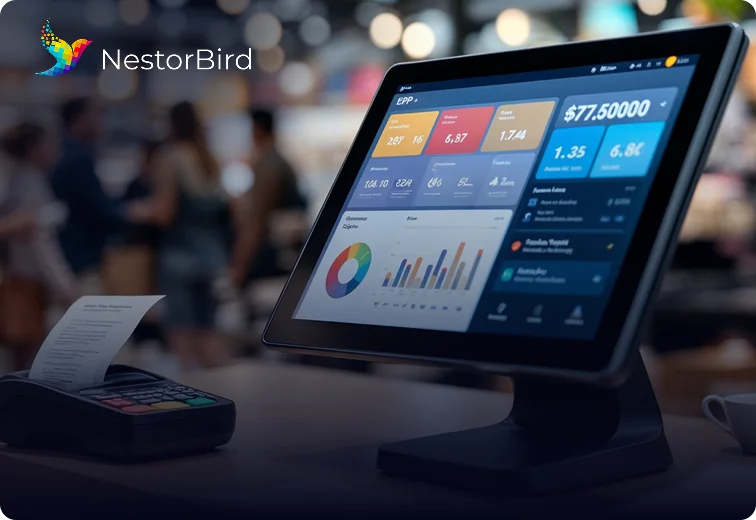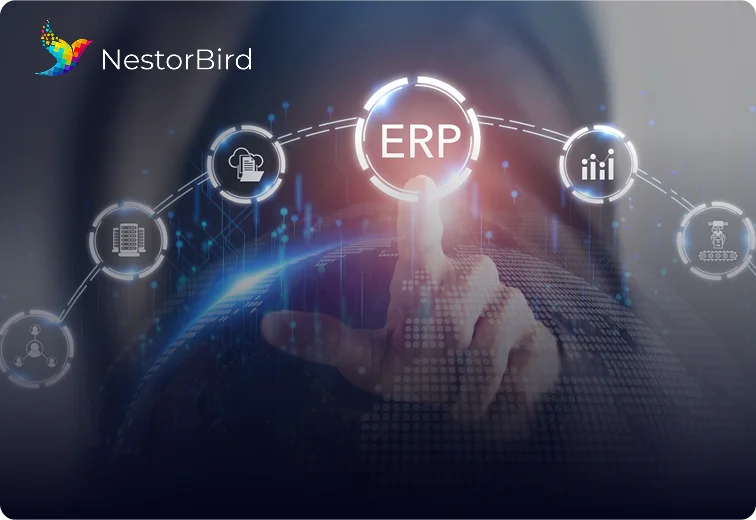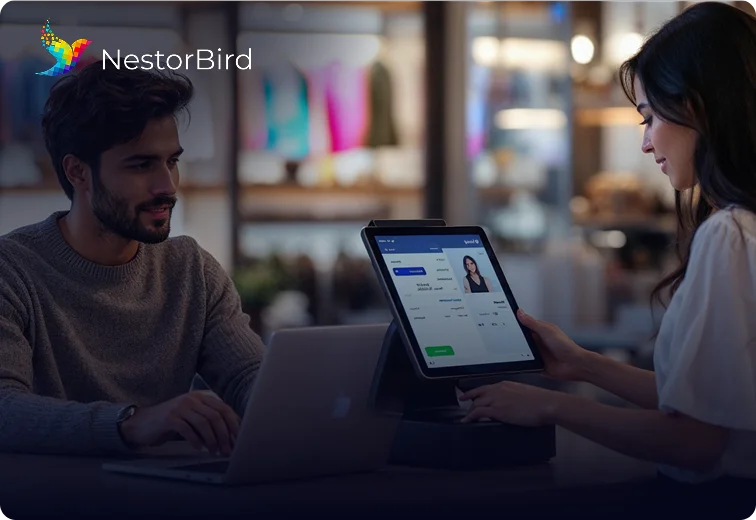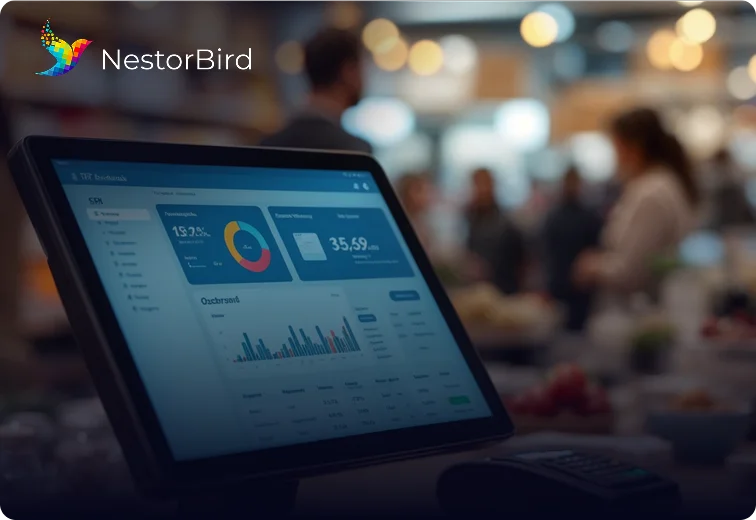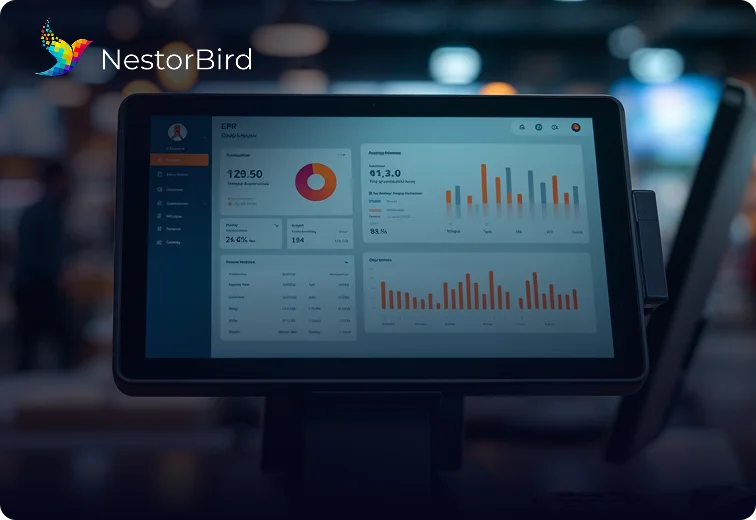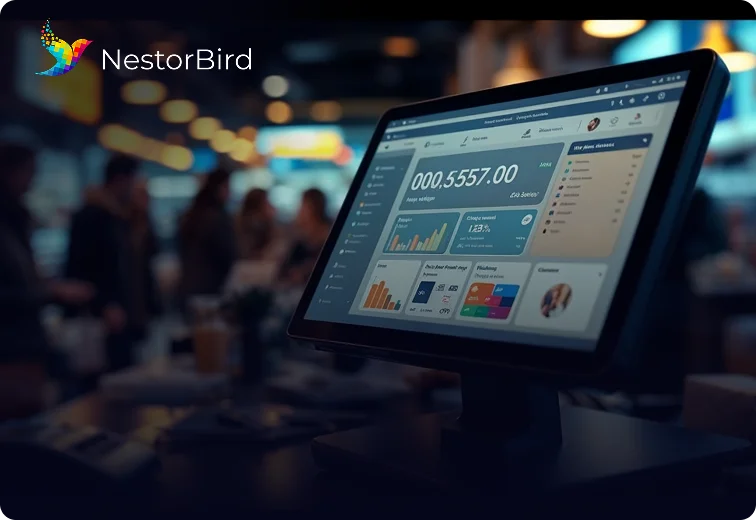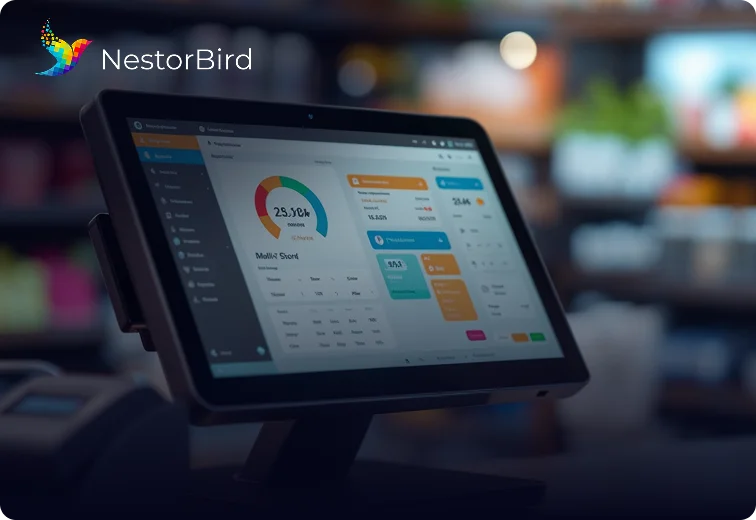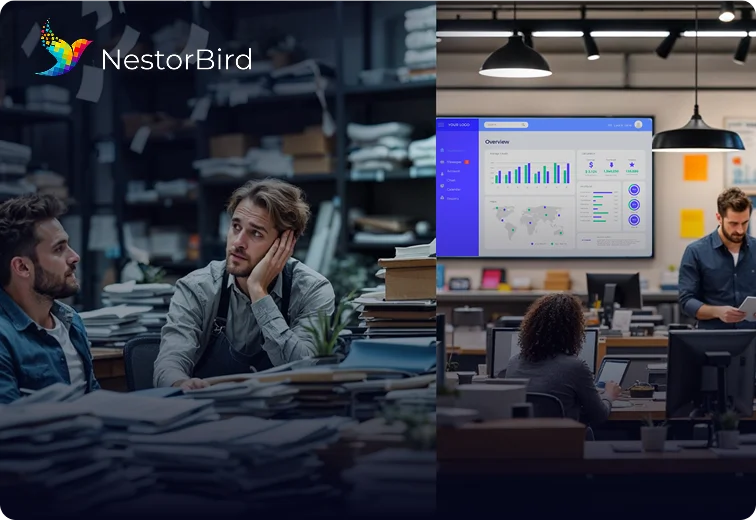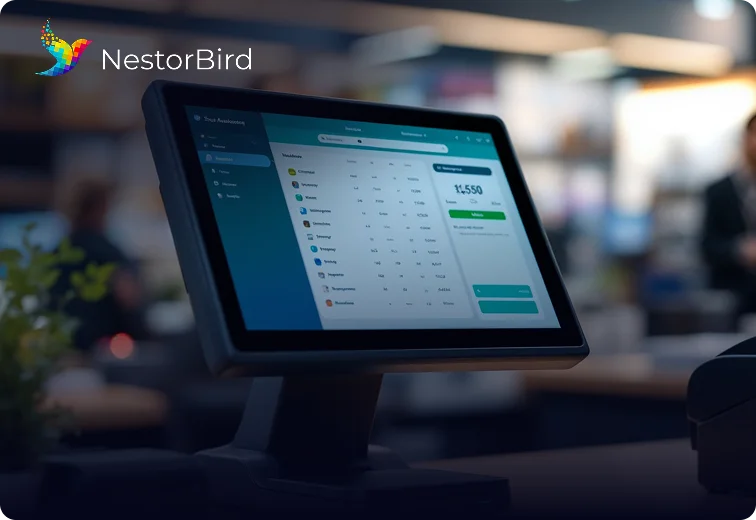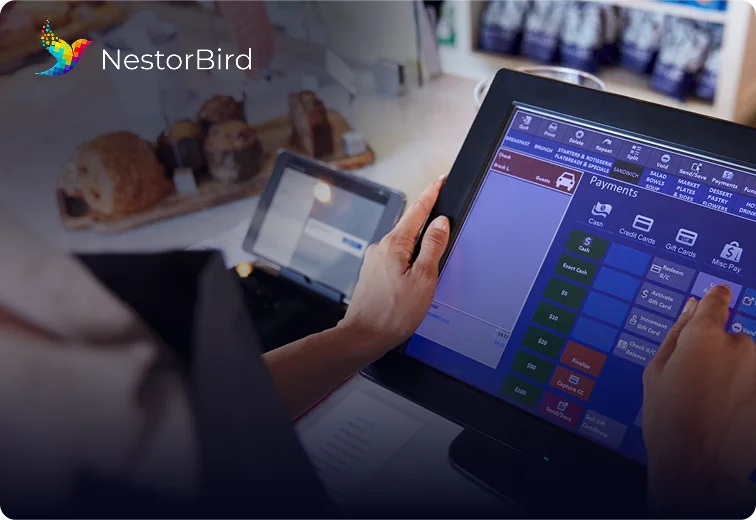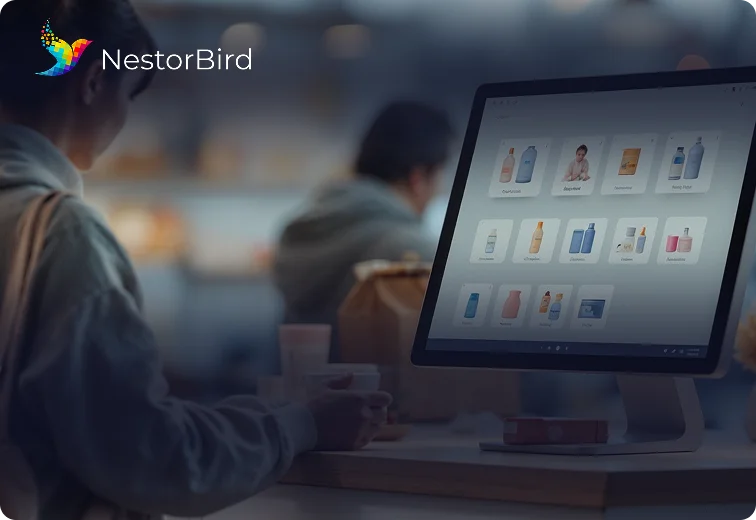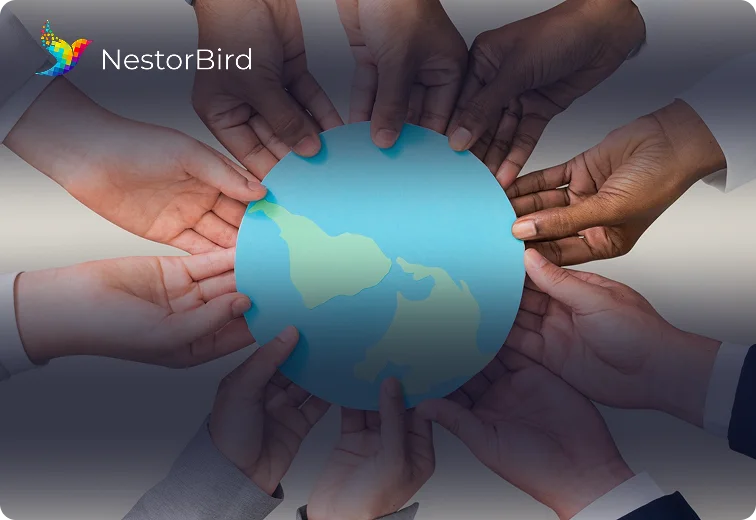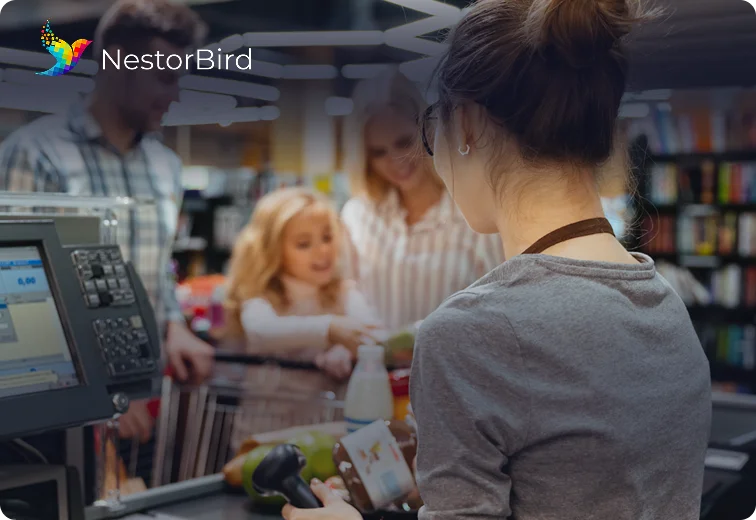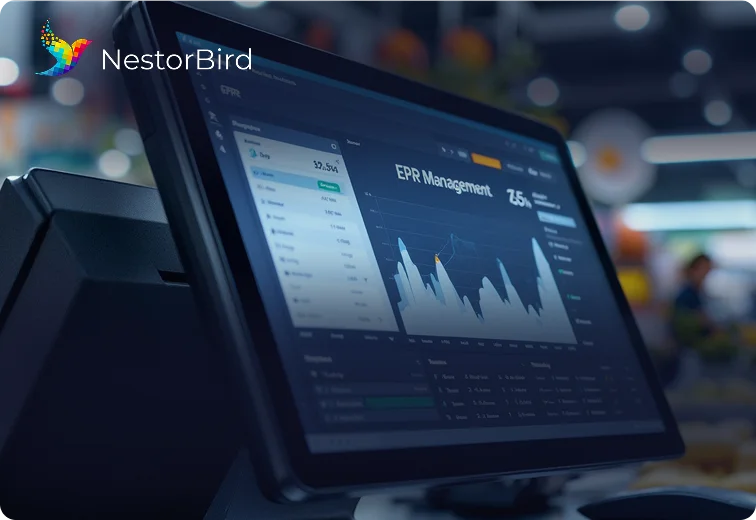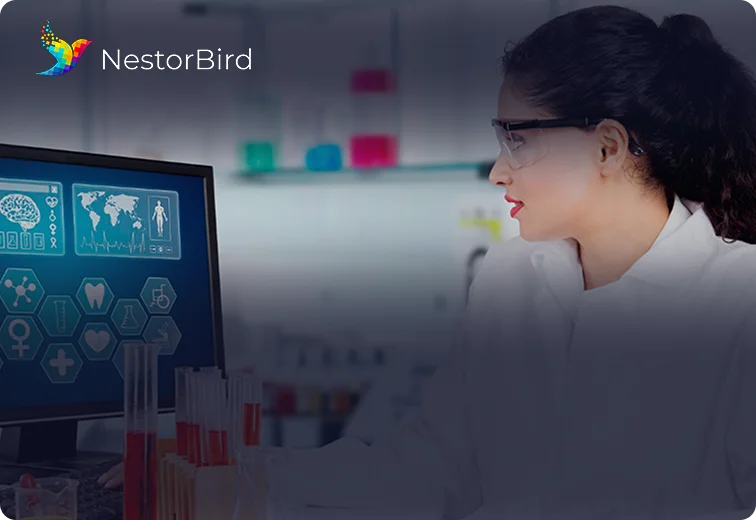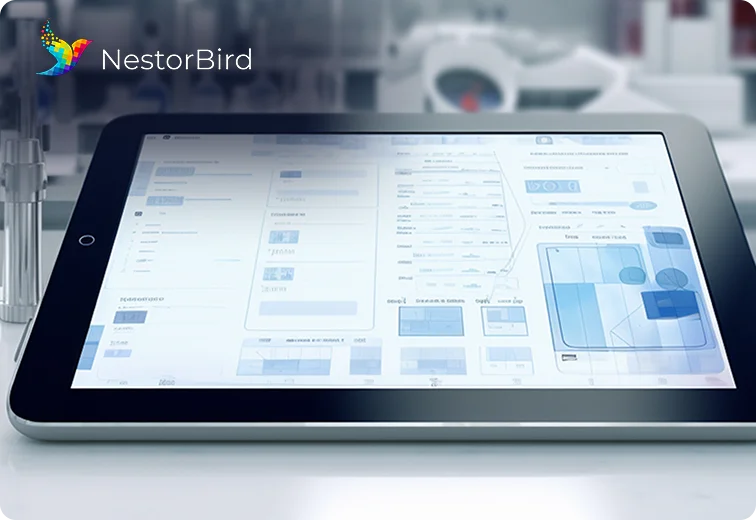Quick Summary
This blog explains what is ERP and how an ERP system helps businesses organize their work in one place. It covers the main benefits, important parts of ERP, and tips to make ERP implementation easy and successful for any business.
Table Of Contents
Introduction
Running a business means handling all its functions and operations all at once, in a cohesive manner, which can get overwhelming and confusing if it is across different systems. This makes it hard to make quick decisions. Many businesses face problems like lost information, slow processes, and mistakes because their systems are not interactive or do not work with each other. With an ERP system, you can manage sales, inventory, finance, and more from one place. Understanding ERP can help you improve your business operations and save time. In this blog post, we explain what is ERP and how an ERP system brings all your business data together so you can work smarter and faster.
Key Takeaways
ERP systems help manage different business tasks in one place.
They improve efficiency and reduce errors across departments.
ERP benefits include better inventory, sales, and customer management.
Careful planning is important before starting ERP implementation.
Training staff well helps make ERP implementation successful.
What is ERP? Its Importance For Your Business
ERP, or Enterprise Resource Planning, is business software that helps businesses and companies manage and connect important parts of a company, like finance, HR, manufacturing, and supply chain, in one system so that they work together and are not disconnected.
An ERP system acts as a central hub where all the different departments of the business can store and access data, making it easier to share information and automate tasks across various of its channels. This helps businesses avoid mistakes, save time, and make better decisions. Over time, ERP systems have changed from being installed on company computers, which is also known as on-premise, to cloud-based and SaaS models, which are easier to use and can be accessed from anywhere.
Let us also understand the difference- ERP vs MRP.
Key Components and Modules of an ERP System
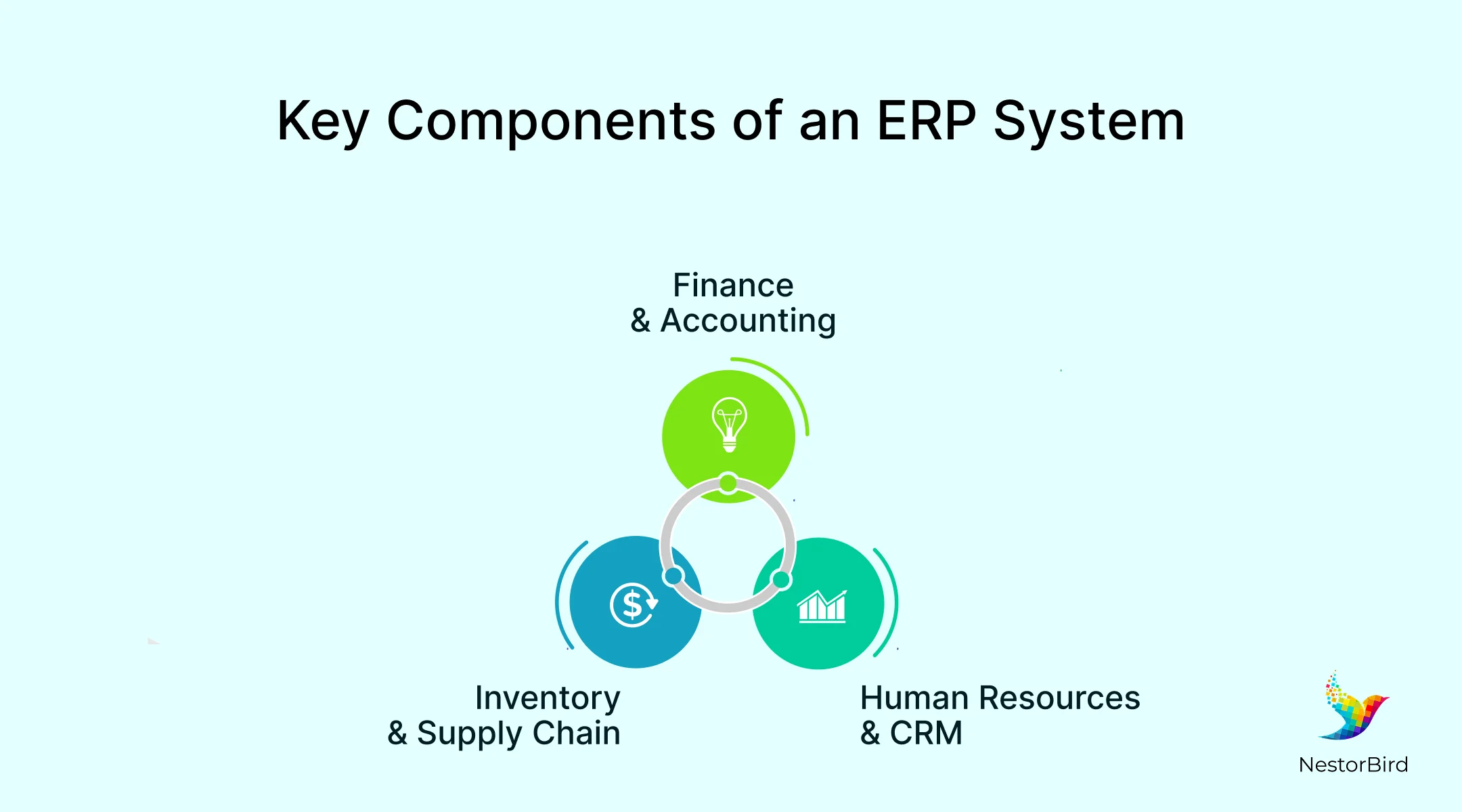
An ERP system is made up of several important modules that help manage different parts of a business. The main modules include:
Finance, which handles accounting and payments.
Human resources (HR), which manages employee records and payroll.
Inventory, which tracks stock and supplies.
Supply chain, which oversees the movement of goods.
Customer relationship management (CRM), which manages customer data and sales.
Manufacturing, which helps plan and control production.
Each module is different and has a different role, collects and stores data for its department, but all data is shared in the same enterprise resource planning system so it can be accessed by the other departments when needed. This means every department can see real-time information from other areas, without any errors or delays, helping the business work together smoothly and make better decisions.
Check out this blog on Manufacturing ERP vs. Traditional ERP.
ERP Benefits for Retail Stores
An ERP system gives retail stores many important benefits. It helps manage inventory better by tracking stock in real time and avoiding shortages or overstock. Retailers can see all sales as they happen, which makes it easier to plan and respond quickly. With customer management tools, stores can understand what shoppers like and offer better service.
The ERP system also connects supply chain operations, making it easier to order products and keep shelves stocked. By using an ERP system, retailers work more efficiently, make fewer manual mistakes, and can make smarter decisions using accurate, up-to-date data. So stay ahead on the various Retail ERP Trends.
How ERP Systems Support Different Types of Retail Stores
The enterprise software can be used for many different lines of businesses to maintain and run many of its functions and operations. Here are some of the retail stores that benefit from using an efficient ERP software system.
Clothing & Apparel Stores
A Retail Business ERP Solution helps clothing stores manage different sizes, colors, and styles for each product. It keeps track of stock levels, handles returns, and updates inventory in real time. This makes it easier for staff to find items quickly and keeps customers happy with accurate product information.
Grocery & Food Retailers
For grocery stores, an ERP system tracks perishable items, manages expiry dates, and automates restocking. It helps reduce waste by alerting staff about products nearing expiration, to best ensure fresh goods are always available, and helps the store follow food safety rules more easily.
Electronics Stores
An ERP system in electronics stores manages serial numbers, warranties, and repairs for products. It keeps detailed records for each item, making it easy to handle returns or service requests, to help improve customer trust, and helps staff provide quick and accurate support.
Bookstores & Specialty Shops
Bookstores use an ERP system to manage unique and niche inventory, track special orders, and run loyalty programs. It helps organize promotions and makes it easy to find specific books or products, which leads to better customer service and keeps regular shoppers coming back.
Multi-service & Hospitality Retailers
For stores offering services, an ERP system helps schedule appointments, manage staff, and track both products and services. It keeps everything organized, so customers get timely service and staff can work more efficiently, and in turn improves the overall experience for both customers and employees.
See Revolutionizing Physiotherapy with NestorBird’s ERPNext Healthcare Solution.
What to Consider Before ERP Implementation
Before starting ERP implementation, you need to plan carefully. First, decide if you want to change the software to fit your business or change your business to fit the software. Then, choose how to set up the system: whether you want it on your own computers (on-premise), or online using public cloud, private cloud, or SaaS.
You also need to pick how to start using the system. You can switch everything at once, which is the big bang approach, do it step by step, or in a phased manner, or run the old and new systems together for a while, which becomes a parallel process.
It is best to prepare your data by cleaning and organizing it before moving it to the new ERP system. Try to keep your business running smoothly during the change. Plan for training your staff and maybe hiring experts to help. Check your network security and make plans for backups and safety. You might also need to update your computers or check your business processes.
Here, proper planning and helping your team adjust to the new changes as well as the system are very important for a successful ERP implementation. This will help your business get all the benefits from the new system.
Conclusion
An ERP system helps businesses manage many important tasks in one place. When done right, an ERP system brings many benefits and helps a business grow. It simplifies, automates, and maintains numerous business operations and functions in a well planned and smooth manner, reducing a lot of manual labor.
Frequently Asked Questions
An ERP system connects all business areas like finance, inventory, and sales, so information is shared easily. This improves teamwork, speeds up work, and helps make better decisions.
Yes, staff need training to use the new ERP system well. Good training helps employees feel confident and reduces mistakes during daily work.
Cloud ERP system is accessed online and managed by a provider. On-premise ERP is installed on company computers. Cloud ERP is easier to update and access from anywhere.


